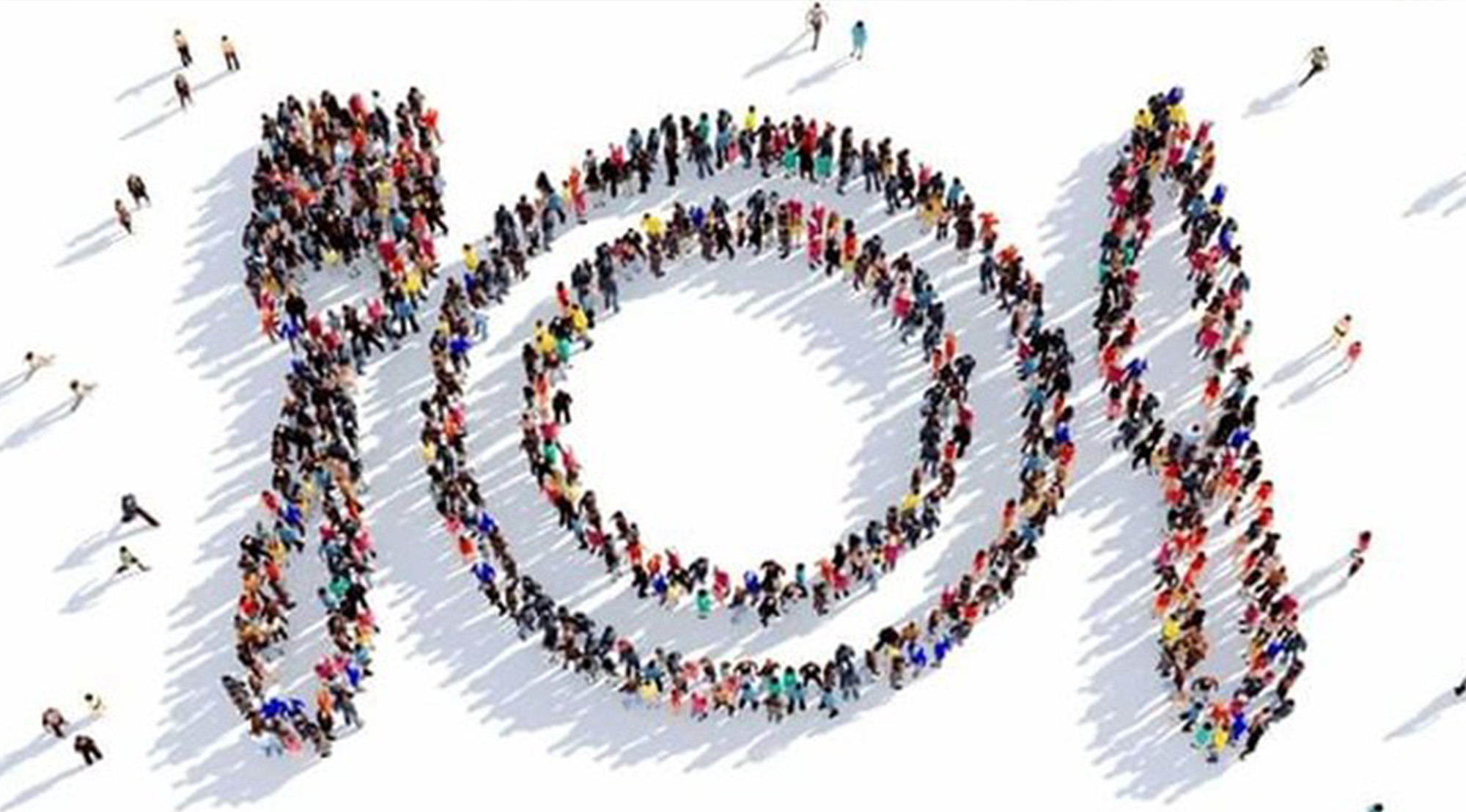Economic, social and cultural rights
The principles of the global compact
Universal basic income according to the UN (Special Rapporteur on poverty)
Transparency international
Institute for Economics and Peace
Critical shareholders (in Switzerland)
Social and solidarity economy
“To live together on the planet instead of alone in our wallet”
Are the efforts made to bring ethics to the economy starting to pay off? Is it possible for us, humanity, to move from an economy based on personal finances and needs, or on those of a social or national group, towards an economy of generosity and share? May we achieve the fulfilment of all economic and social rights, universally and as quickly as possible?
The energy transition and the responses brought to global warming will increase the sense of responsibility of economic decision makers. It will foster the emergence and the completion of an economy based on human values. The wealth of humanity is immense, wealth in heart and knowledge, in infrastructure and fortune; it will help the process.
The Sustainable Development Goals (adopted by all UN members) have the goal of ending poverty by 2030. Fair sharing of revenues as such or made from non-renewable and renenwable resources and from infrastructures created in the past to make added value now; the duty of companies to avoid generating poverty and help abolish it (the Global Compact does not go far enough); a tax system holding on, and improving, its distributive role and a universal basic income are examples which should lead to concrete solutions by then.
Individuals have also an essential role: generosity and solidarity, their learning are the basis of a civilization in which each and every one finds its place and worth. Civic participation, responsible consumers and critical shareholders, but also activists against corruption and abuses or the links between peace and economy are voices that must be heard.
Finally, mention should be made of the new forms of economy, gift or “for free” economies, sharing and recycling, working in a closed cycles, social economy and e-economy, when ethical and sharing criteria are respected are leading examples.
APRED theorizes and supports the smooth transition to an economy upholding universal values.


